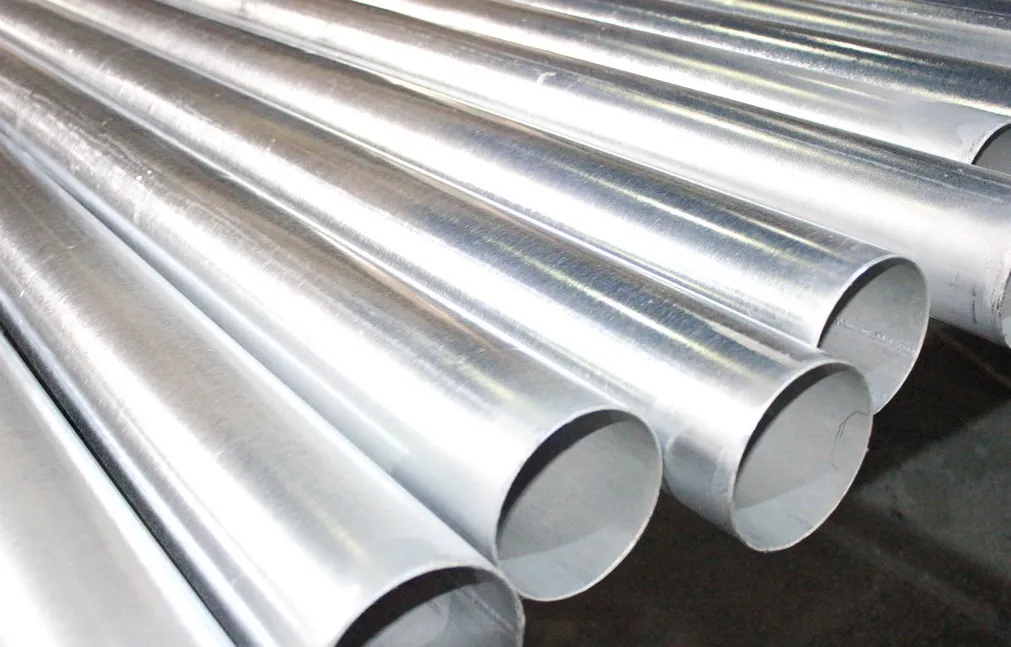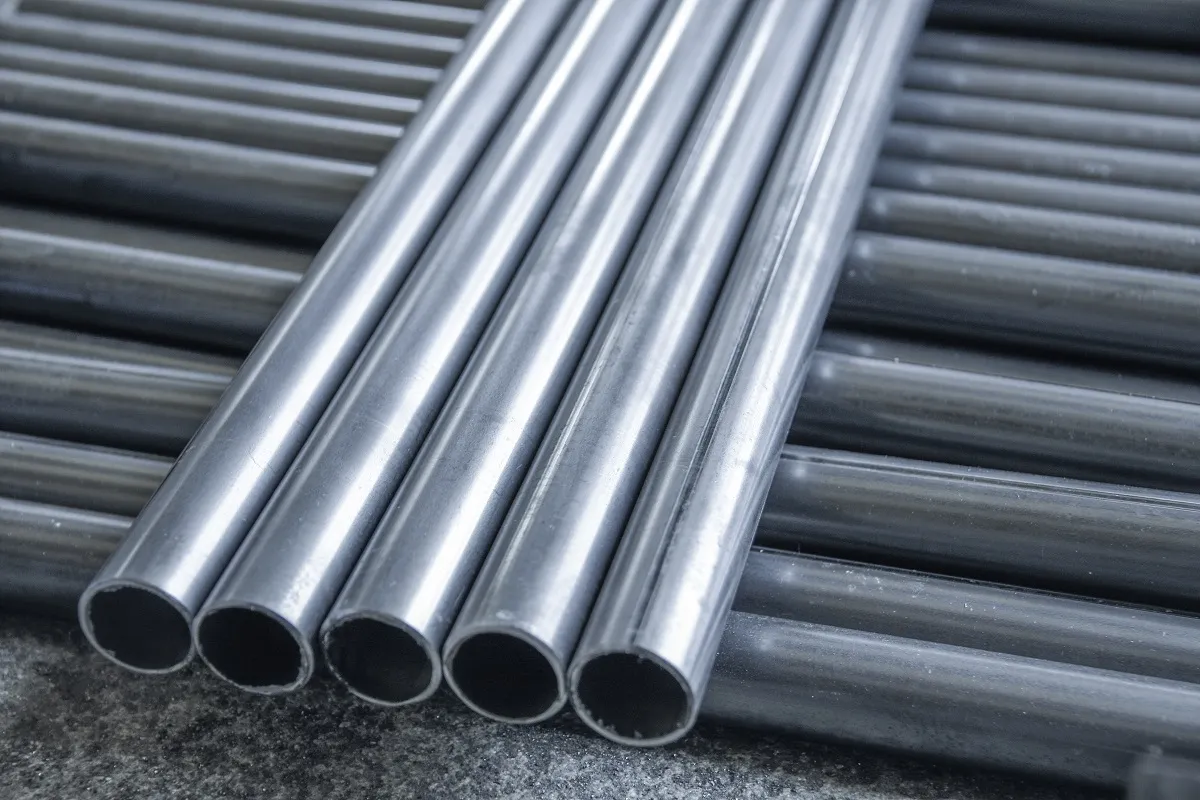-
Cangzhou Yulong Steel Co., Ltd.
-
Phone:
+86 13303177267 -
Email:
admin@ylsteelfittings.com
- English
- Arabic
- Italian
- Spanish
- Portuguese
- German
- kazakh
- Persian
- Greek
- French
- Russian
- Polish
- Thai
- Indonesian
- Vietnamese
- Zulu
- Korean
- Uzbek
- Hindi
- Serbian
- Malay
- Ukrainian
- Gujarati
- Haitian Creole
- hausa
- hawaiian
- Hebrew
- Miao
- Hungarian
- Icelandic
- igbo
- irish
- Japanese
- Javanese
- Kannada
- Khmer
- Rwandese
- Afrikaans
- Albanian
- Amharic
- Armenian
- Azerbaijani
- Basque
- Belarusian
- Bengali
- Bosnian
- Bulgarian
- Catalan
- Cebuano
- China
- China (Taiwan)
- Corsican
- Croatian
- Czech
- Danish
- Esperanto
- Estonian
- Finnish
- Frisian
- Galician
- Georgian
- Kurdish
- Kyrgyz
- Lao
- Latin
- Latvian
- Lithuanian
- Luxembourgish
- Macedonian
- Malgashi
- Malayalam
- Maltese
- Maori
- Marathi
- Mongolian
- Myanmar
- Nepali
- Norwegian
- Norwegian
- Occitan
- Pashto
- Dutch
- Punjabi
- Romanian
- Samoan
- Scottish Gaelic
- Sesotho
- Shona
- Sindhi
- Sinhala
- Slovak
- Slovenian
- Somali
- Sundanese
- Swahili
- Swedish
- Tagalog
- Tajik
- Tamil
- Tatar
- Telugu
- Turkish
- Turkmen
- Urdu
- Uighur
- Welsh
- Bantu
- Yiddish
- Yoruba

Apr . 16, 2025 11:19 Back to list
WHY YOU NEED TO SWAP OUT YOUR GALVANIZED PIPES
If your home or business still relies on galvanized steel pipes, it’s time to rethink your plumbing. Once hailed for its corrosion resistance, galvanized piping has become notorious for rust buildup, reduced water flow, and potential health hazards. Replacing these aging pipes with modern alternatives not only restores water quality and pressure but also safeguards your property’s value and your family’s health.

What are galvanized pipes?
Galvanized pipes are steel tubes that have been coated with a layer of zinc to protect against rust and corrosion. The most common method—hot‑dip galvanizing—immerses steel pipes in molten zinc, creating a metallurgical bond that forms a uniform, adherent coating. This zinc layer acts as a sacrificial anode: when the surface is scratched or nicked, the zinc corrodes in place of the steel, prolonging the pipe’s service life.
Introduced widely in the mid‑20th century, galvanized steel piping was once the standard for potable water, sprinkler systems, and outdoor installations. Its strength, durability, and relatively low cost made it an attractive choice for builders and plumbers. However, the protective zinc layer inevitably wears away over time, exposing the steel to oxidation and scale buildup—factors that can compromise both flow capacity and water quality
How long do galvanized pipes last?
No piping system lasts forever, and galvanized steel is no exception. Early estimates touted a lifespan of up to 100 years, but real‑world performance varies widely based on water chemistry, installation quality, and maintenance. Today, most experts agree that galvanized pipes reliably last 40 to 60 years under optimal conditions.
Poor galvanizing techniques or highly acidic water can shorten this span to 20–30 years, leading to premature rusting and pinhole leaks. In many homes built before the 1960s, galvanized plumbing is now reaching or has exceeded its practical lifespan, resulting in diminished water pressure, discolored water, and frequent repairs. Regular inspections can identify early warning signs—such as rust flakes in taps or visible corrosion on exposed pipe runs—so you can plan replacements before a major failure occurs.
Are there safety risks or concerns with galvanized piping?
Beyond reduced performance, aging galvanized pipes can pose health risks. As the zinc coating erodes, iron oxide (rust) and other corrosion byproducts accumulate inside the pipe walls, flaking off into your water supply. These particulates can discolor water, impart metallic tastes, and clog fixtures and appliances.
More concerning is the potential for lead and cadmium contamination. Galvanized piping installed before the 1980s often used lead‑based solders or brass fittings containing cadmium. Corrosive water conditions can leach these heavy metals into drinking water, posing serious health hazards—especially for children and pregnant women.
Modern plumbing codes now prohibit galvanized steel for new potable water installations, favoring materials like copper, PEX, or CPVC that resist corrosion and eliminate heavy‑metal risks. Swapping out old galvanized lines ensures compliance with current standards and delivers peace of mind for you and your family.
What do galvanized pipes look like?
Freshly galvanized steel pipe typically has a bright, silvery finish that may appear shiny or slightly “spangled”—a mottled, crystalline pattern formed by zinc crystallites. Over time, the surface dulls to a matte gray as the zinc patina weathers, providing continued protection against moisture and oxygen.
In older systems, you may notice rust streaks or orange‑brown patches where the zinc layer has worn thin and steel corrosion has set in. Inside the pipe, scale buildup can create rough, uneven surfaces that trap sediment and reduce water flow. Visible signs of exterior flaking or pitting indicate it’s time for a full replacement.
Ready to upgrade? Don’t let worn‑out galvanized pipes compromise your water quality or safety. Contact our certified plumbing specialists today for a free inspection and personalized replacement plan. Enjoy cleaner water, consistent pressure, and the confidence that comes with modern, code‑compliant plumbing.

Latest news
-
ANSI 150P SS304 SO FLANGE
NewsFeb.14,2025
-
ASTM A333GR6 STEEL PIPE
NewsJan.20,2025
-
ANSI B16.5 WELDING NECK FLANGE
NewsJan.15,2026
-
ANSI B16.5 SLIP-ON FLANGE
NewsApr.19,2024
-
DIN86044 PLATE FLANGE
NewsApr.19,2024
-
DIN2527 BLIND FLANGE
NewsApr.12,2024
-
JIS B2311 Butt-Welding Fittings LR/SR 45°/90° /180°Seamless/Weld
NewsApr.23,2024
-
DIN2605-2617 Butt-Welding Fittings LR/SR 45°/90°/180° Seamless/Weld
NewsApr.23,2024











